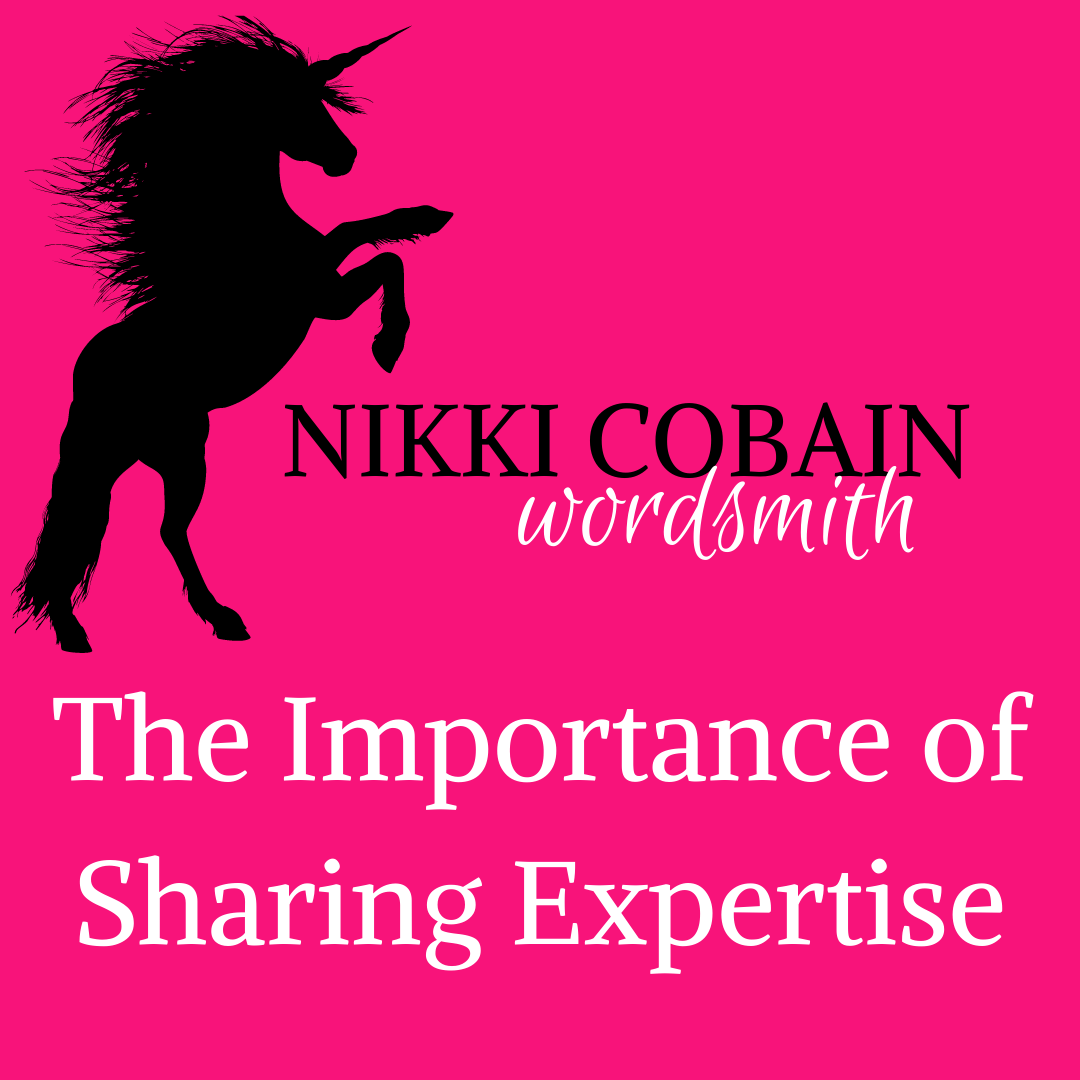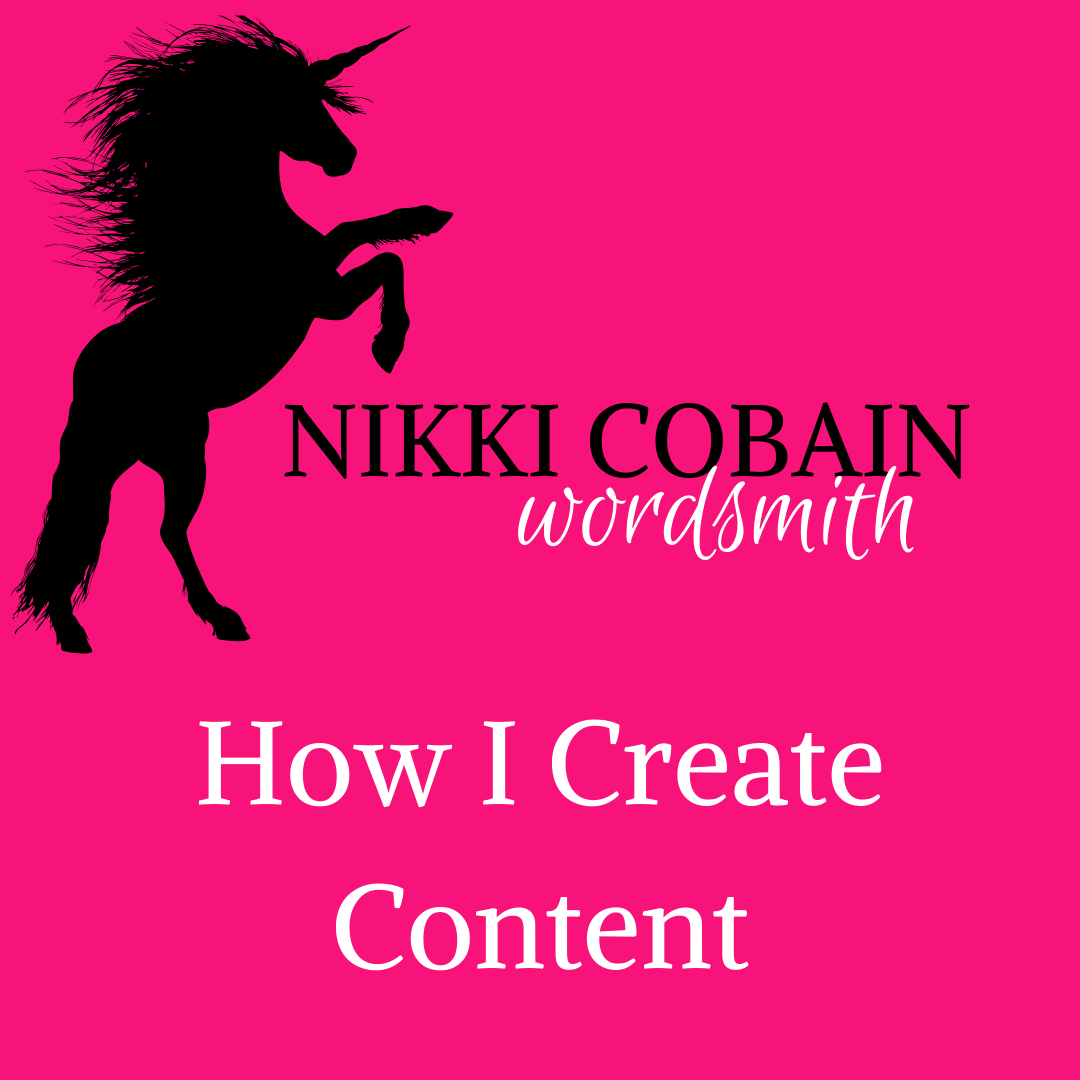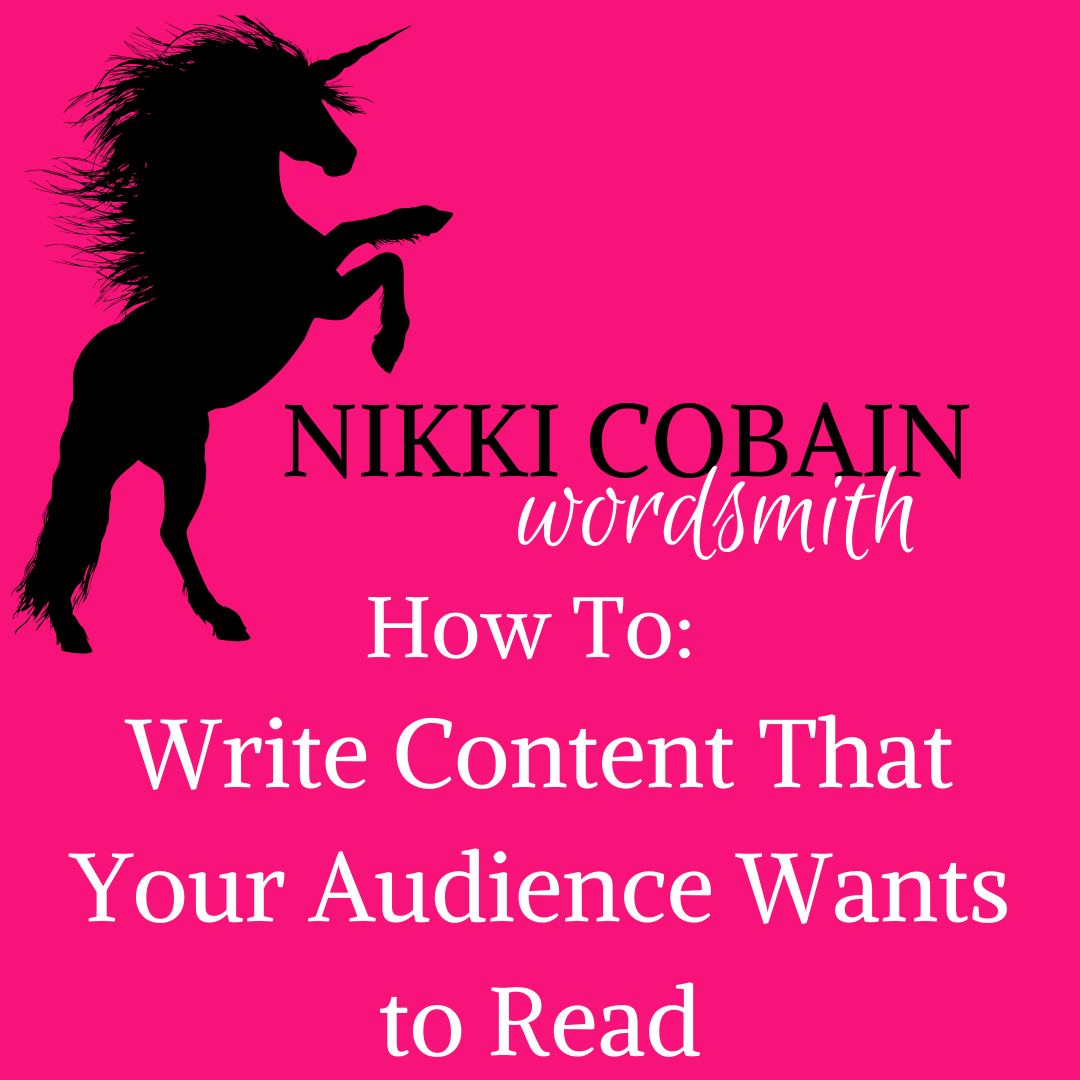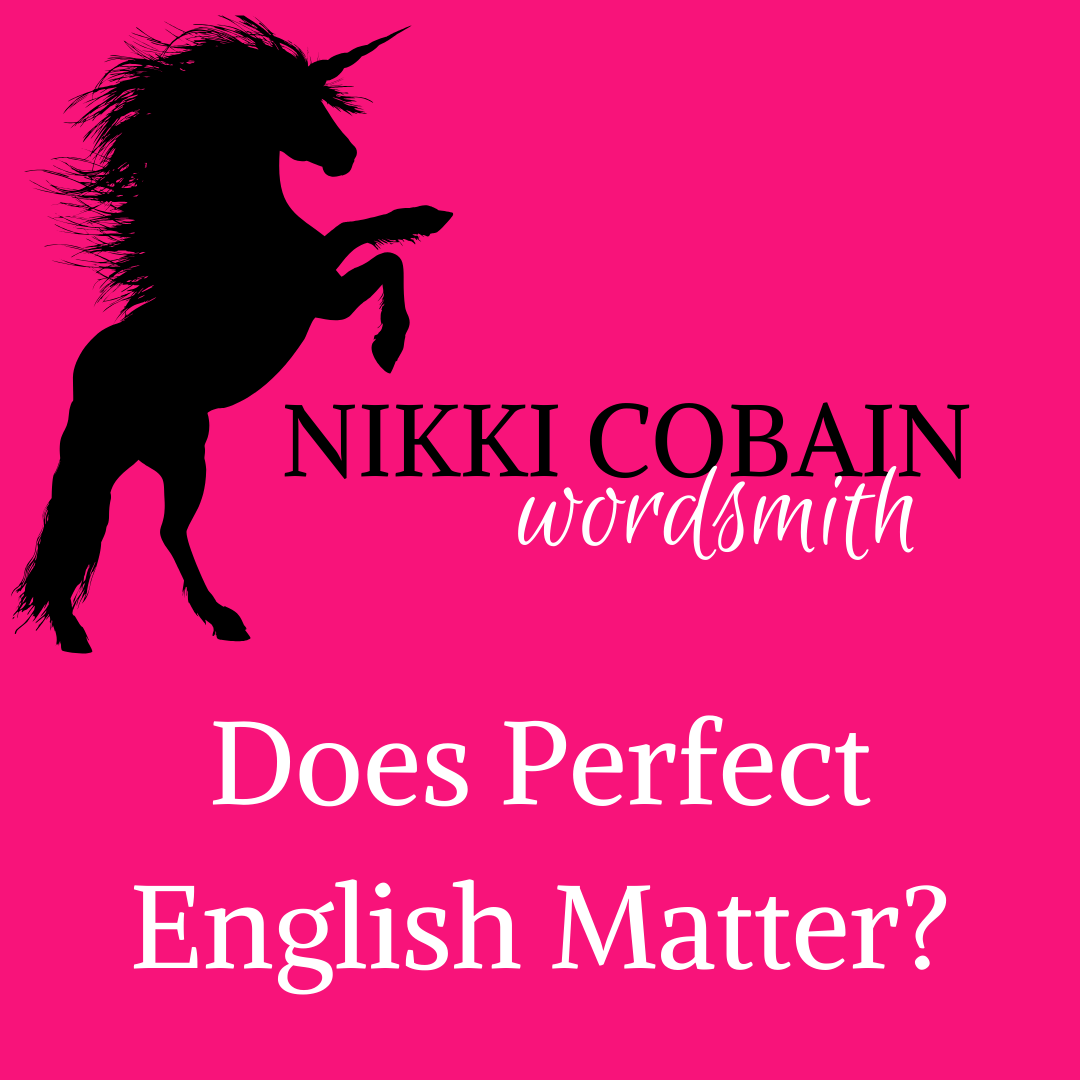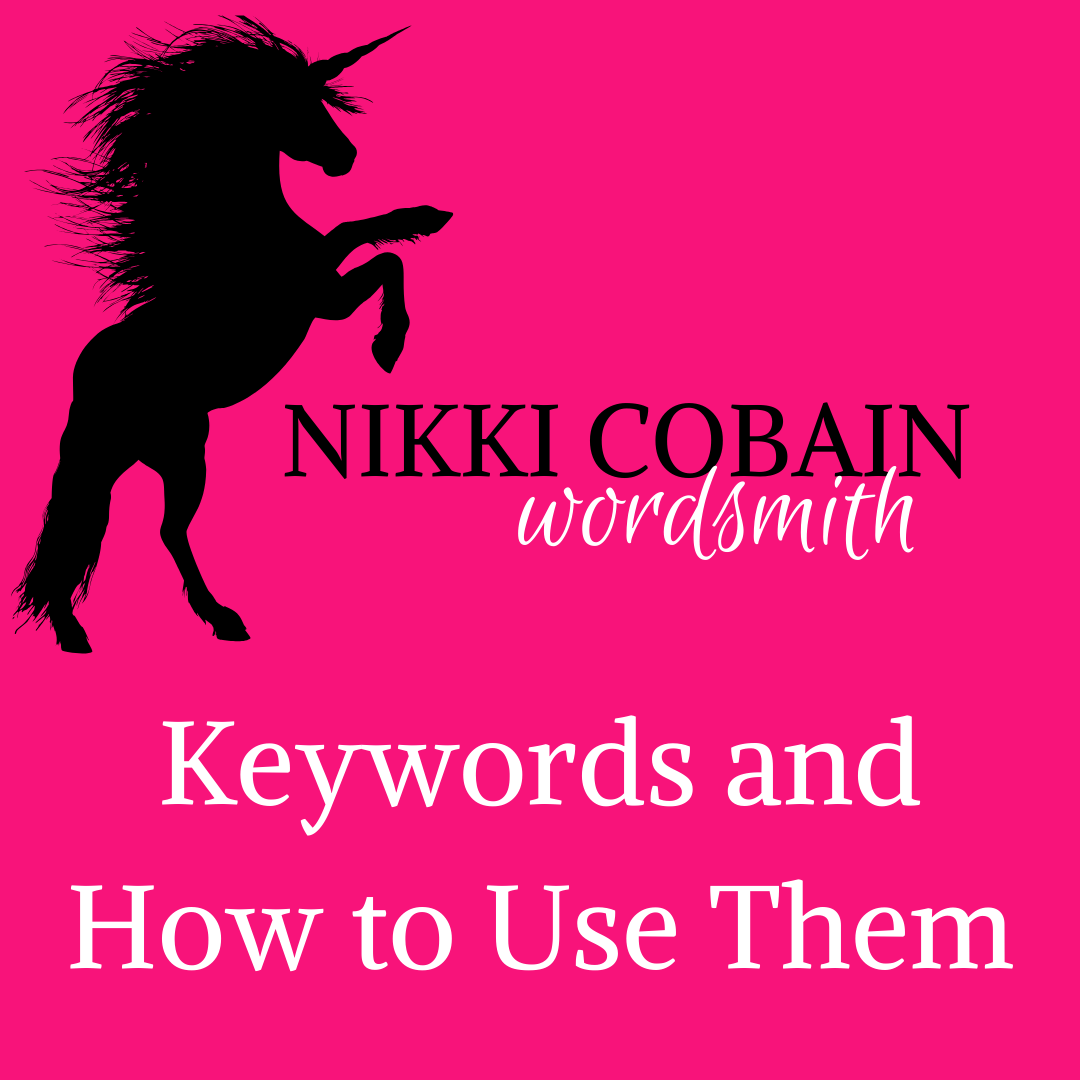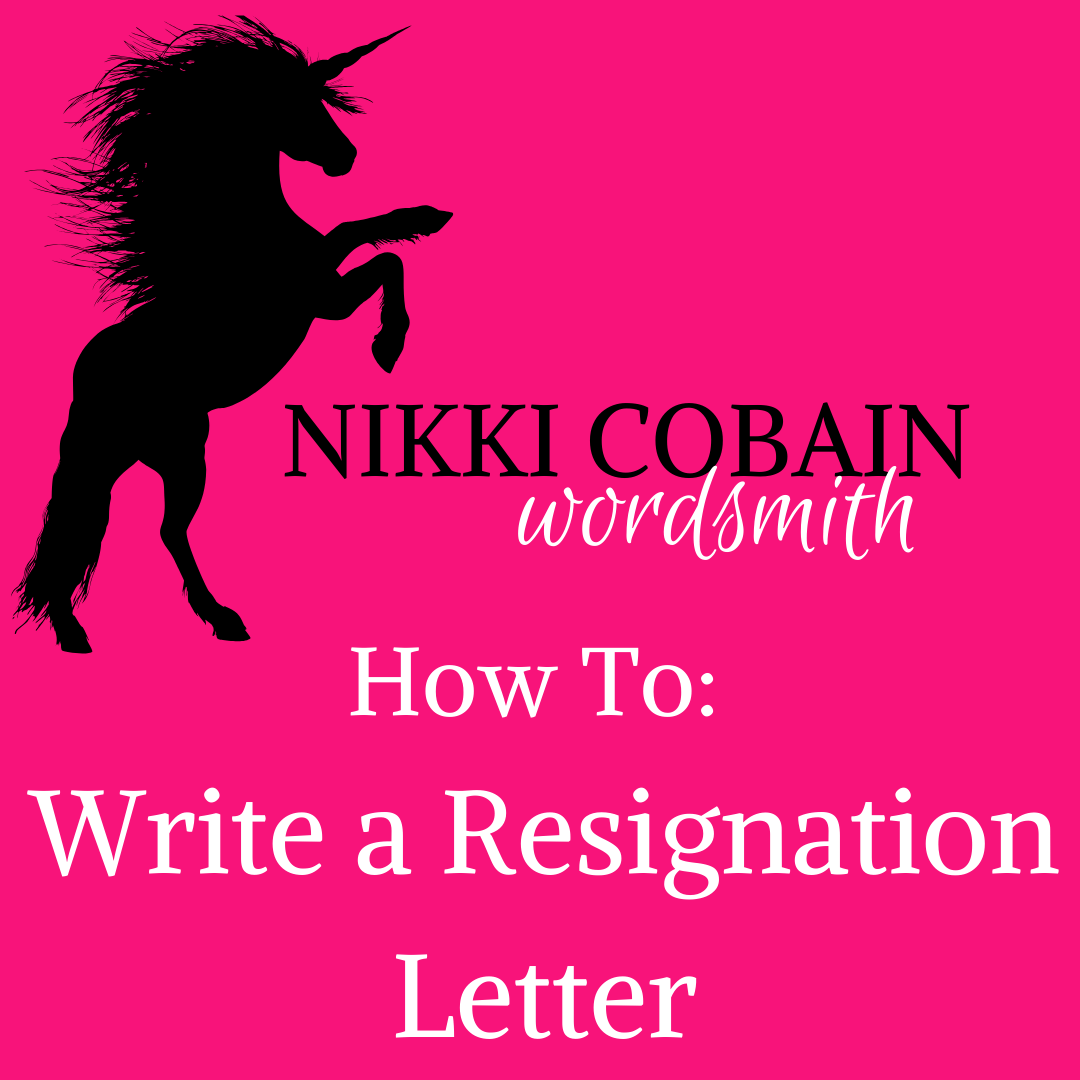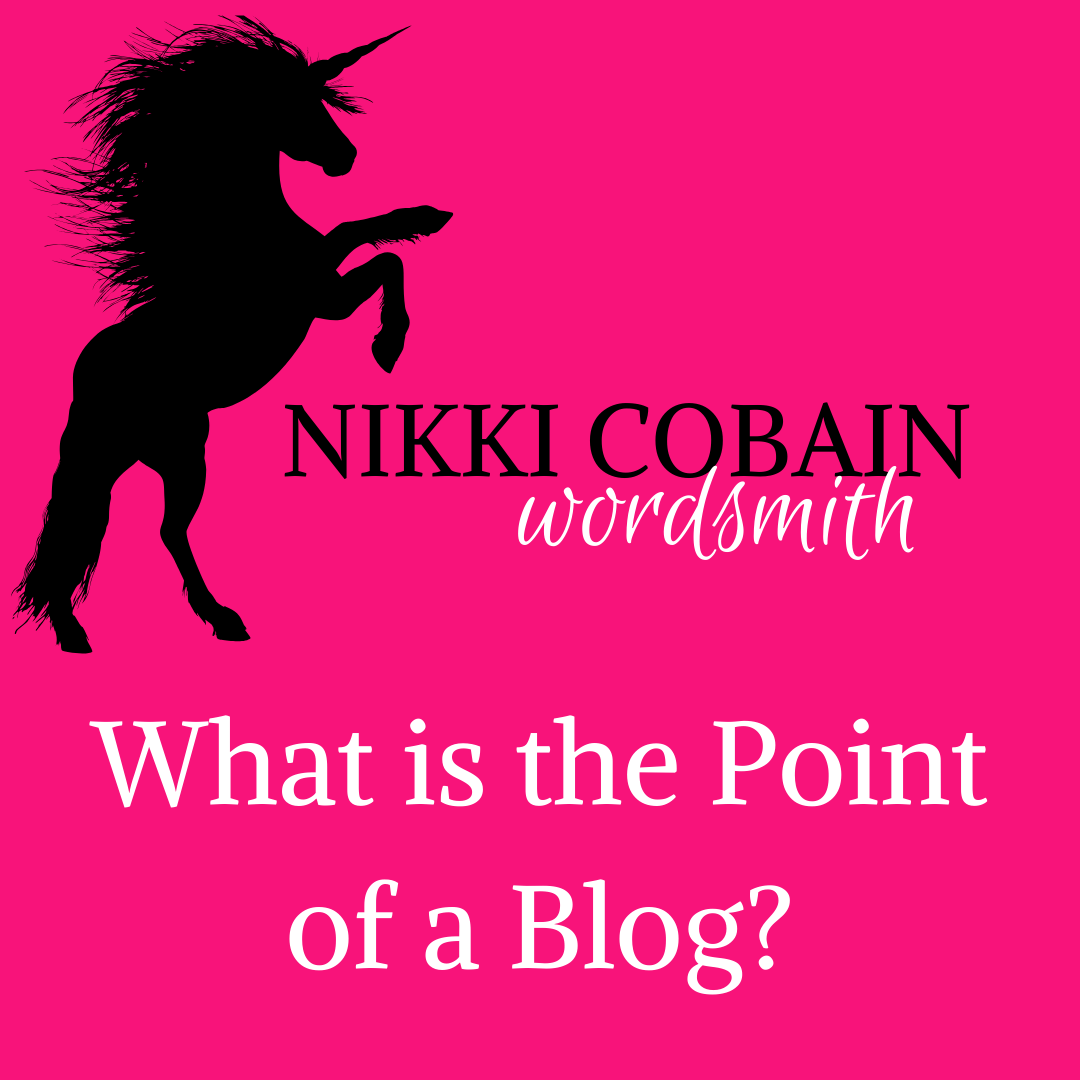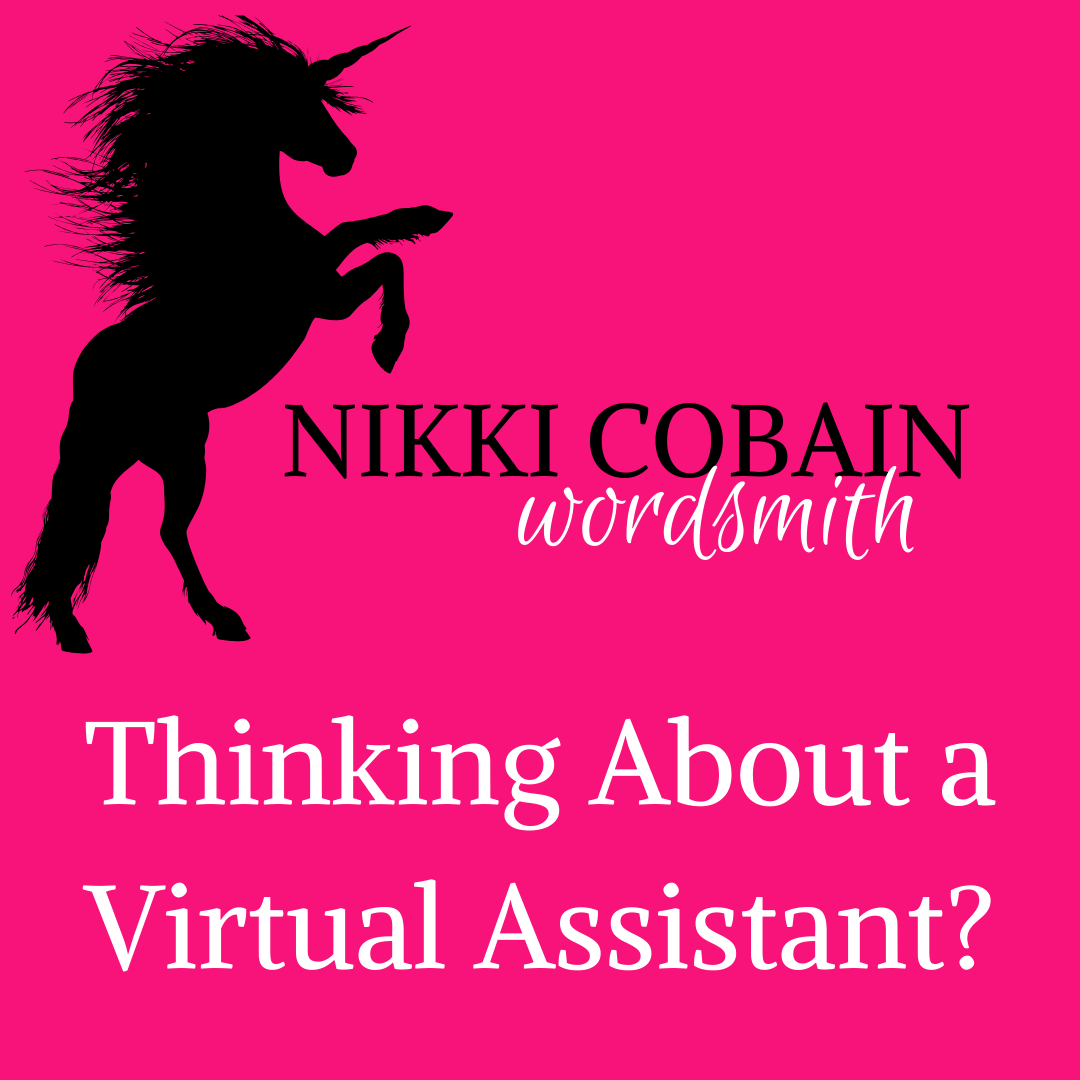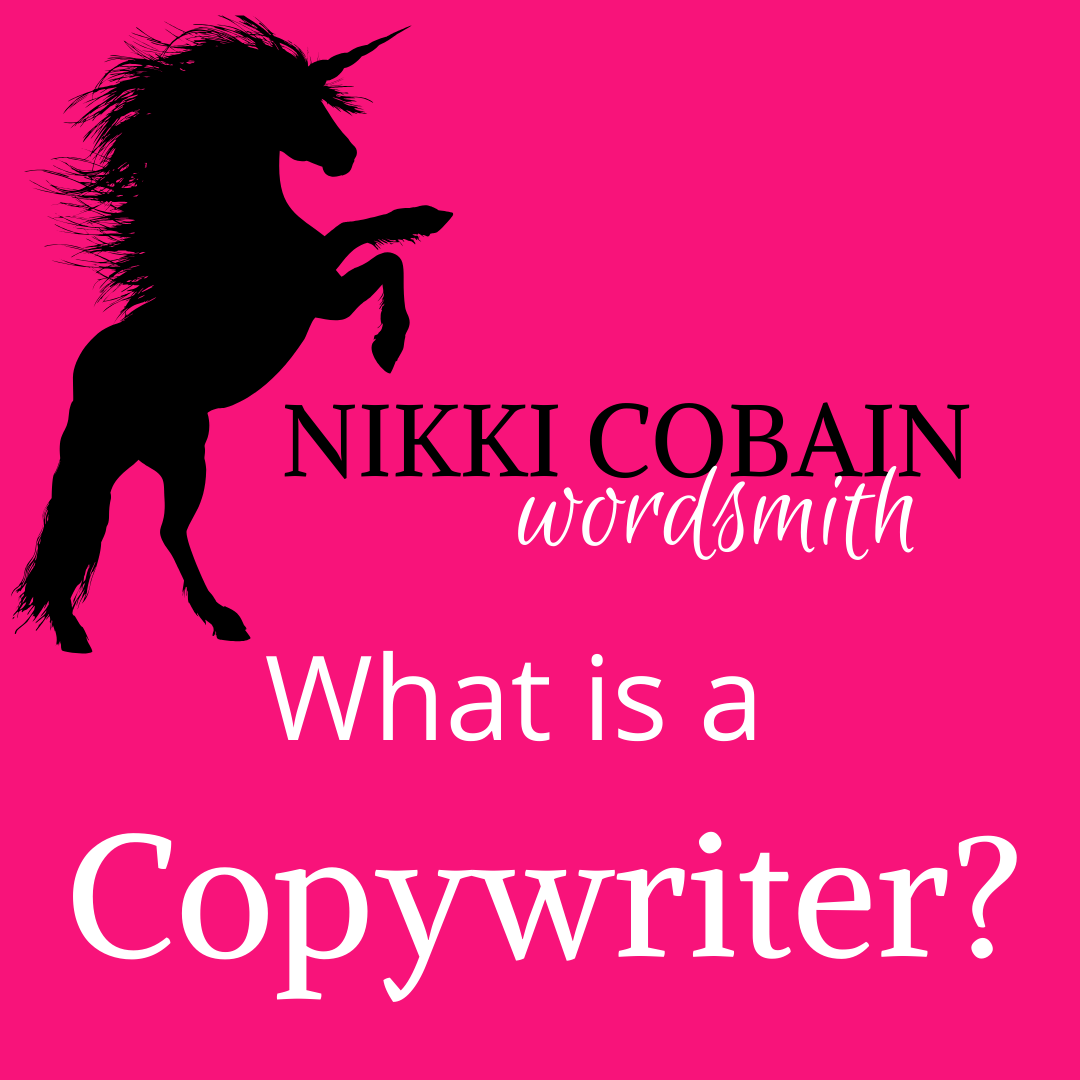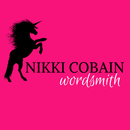How To: Write a Cover Letter
Nikki Dale • 30 April 2020
Stand Out from the Crowd With a Cover Letter
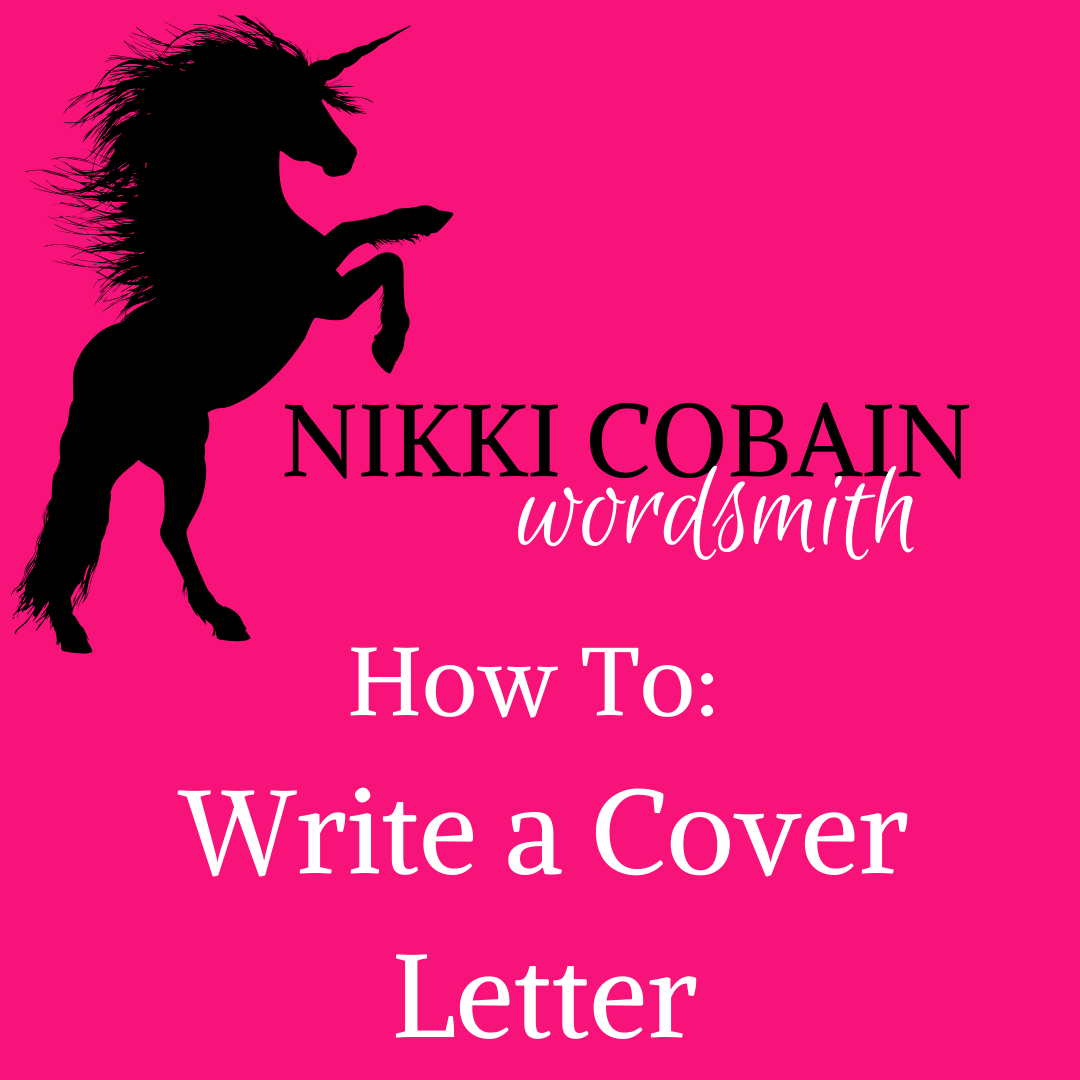
When you have perfected your CV, you need to produce a cover letter.
It is imperative for every application that you send – unless you have been specifically told not to, or you are applying online via a form that doesn’t have a place for it.
Your cover letter is an essential part of the application and the most important thing to remember is that it should not be generic. Each letter needs to be personalised for the specific position you are applying for.
Your cover letter should be a maximum of one side of A4 – and the shorter, the better.
Why Use a Cover Letter?
Including a cover letter is standard for most job applications; if you apply for a role online through the major recruitment sites a cover letter should be uploaded alongside your CV for every role you apply for.
Your CV is designed to be brief and specific, so you can use your cover letter to add colour to the most salient points – especially the ones that are the most appropriate for the position you are applying for. Do not waffle or ramble – a recruiter may have hundreds of these to read so make it easy for them to see why you are the best candidate.
Your cover letter can sell your skills and abilities as they relate to the requirements of the position you are applying for.
What to Include
There are a few things that should always feature in your cover letter.
• Your personal information.
If you have a template you are using for your CV, try and ensure that this is mirrored in your cover letter – if your name and personal details are in the header, put them in the header of the cover letter too.
• The name of the recruiter/hiring manager.
This might be in the job description, but if it isn’t – don’t be afraid to find out. You can do some sleuthing on the company’s website – or you can call them directly to find out. Making the effort to address the recruiter by name shows enthusiasm and initiative.
Remember to address them as Mr. or Ms. – it is a formal letter, after all.
• Where you found the vacancy.
Giving a source for your application gives some background, but it also helps the recruiter to know where jobseekers are coming from – if you have been referred from a job site, let them know which one, and if a friend has referred you, tell the hirer. This is especially important if the referrer is an employee – drop their name, it might be valuable to them and to you.
• Why you are suitable for the job
Your CV will have the main points covered, but your cover letter allows you to specifically tailor your skills to the required skills listed on the job description. Don’t be afraid to showcase your abilities here!
• What you can do for the company
This might include specifics of things that you have achieved in previous roles that are relevant for this one, or soft skills that you feel are relevant to the organisation.
Format
This is a letter, so stick to formal letter norms. Make sure that you use a professional font that is easy to read – avoid Comic Sans and graphics, and definitely no Word Art!
Split the writing into simple paragraphs with white space to make it less daunting to read, and each paragraph should be a different point of inclusion.
The Opening
Grab your reader’s attention with your first line. Do not be tempted to be too humorous – although your cover letter is a great way to convey your personality and enthusiasm, attempts at humour can fall flat and feel kitsch and forced.
Try lines like “I am a polished telesales marketer and I can use my confidence and experience to get more leads for X business.”
In the opening paragraph, include where you found the vacancy, and that your CV is enclosed. Include why you are interested in this specific role.
The Internal Bits
When you have a detailed job description, these middle paragraphs should be easier to complete. Take time to demonstrate how your skills, experience and knowledge match up to the listed skills on the job description – and where possible demonstrate your expertise using facts and figures.
For example, “I have six years’ experience as a telemarketer – in that time I have increased leads by 124%”.
Make it clear how you match up to the job description and highlight your strengths, especially if you surpass the basic requirements.
Outline your career goals and make them relevant for the company and role you are applying for. If it is a junior position, then explain how you are looking to grow in the role and develop your skills.
The Closing
Use the closing paragraph to reiterate your main points and show why you are the right candidate for the role. You need to indicate here that you are excited and interested in meeting the recruiter to discuss what you will bring to the company too – remember enthusiasm is important!
If you managed to find out the recruiter’s name, then end with ‘Yours Faithfully’ and if not, then use ‘Yours Sincerely’.
How to Make Yours Stand Out
The best thing you can do to make your cover letter stand out is research.
If you find out all the information you can about the company before you start writing, you can use that information to really demonstrate your enthusiasm and knowledge about the company.
Find out exactly what the company does, who their competitors and target audience are. Use this information to show why you have chosen to apply to work for them – if they are the fastest growing e-commerce agency then tell them you know that.
Find out from your research if they have a company aim or directive – most companies share their values on their website, so use this to inform your writing. For example, if they value being green, show how you have reduced paper consumption in a previous role.
Make sure you fully understand what the role involves. Make sure that you can provide all the essential skills – and where possible back this up with evidence, like qualifications or measurable experience.
Good research will demonstrate a real interest in the role and the company as a whole.
As far as tone goes, try and match it to the way the company expresses themselves. If you are applying for a marketing role, the tone might be informal and even colloquial, whereas if you are going for an insurance role it might be more formal. When choosing the language you use, be direct and avoid common platitudes and ‘corporate speak’ where you can – concise language and considered usage will be easier for the recruiter to read. Use industry-specific terms if necessary, to demonstrate your knowledge and experience, but choose simple wherever you can.
Be enthusiastic about the position and the company, but don’t gush like a kid with a crush. Be clear on why you have chosen this role to apply for specifically – you have direct experience, you want to join an organisation that is the market leader, you are looking to step up into a new role with more responsibility… whatever the reason, make it specific – and no, “I need a job” isn’t a specific reason.
You might want to consider a template for your cover letters. A cover letter should not be one-size-fits-all, but a template can help you to make sure that you cover all the necessary points in the right order. Templates can be found in MS Word, or anywhere online – I would recommend using one from an established recruitment company or well-regarded site like Reed.
Remember, your cover letter needs to convey your personality while explaining why you are the best candidate for the role. Make it personal, make it specific, and give recruiters a reason to call you for an interview.

